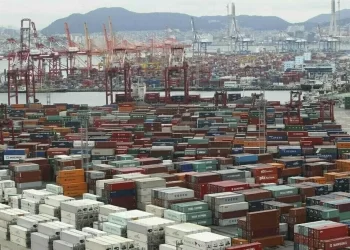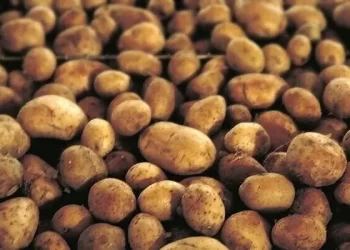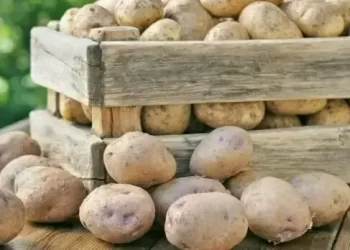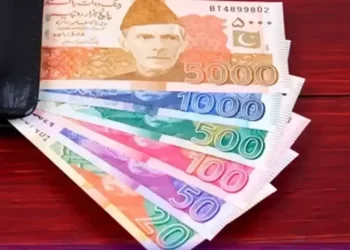
LAHORE: Federal Minister for Industry and Production, Rana Tanveer Hussain on Monday said that agriculture plays a crucial role in the national economy, serving as its backbone.
He said under the wise leadership of Prime Minister Muhammad Shehbaz Sharif, the country has narrowly escaped default, and after making difficult decisions, the economy has started to recover. To steer the country out of crises, focus needs to be on exports. He expressed these views while talking to the media after visiting the Millat Tractor Factory.
The federal minister emphasized that agriculture is the backbone of the national economy, and the current government has given it top priority. The Prime Minister has directed that all resources be utilized to increase agricultural exports, thereby improving the national economy through enhanced exports.
He noted that from 2013 to 2017, during the Muslim League (N) government, Pakistan’s economy was robust, and the country was rapidly strengthening. However, after that, the economy faced a crisis in every sector. He said that during the last 16 months of government, the country was on the risk of default but due to the solid practical steps taken by the government under the wise leadership of PM Shehbaz Sharif, the country has come out of the danger of default. Currently, the country is facing many challenges, and our goal is to restore the economy. Thankfully, after making difficult decisions, the national economy has started to recover.
He said that the government will not leave any stone unturned to provide farmers with a better environment and facilities to benefit from the agricultural sector, in view of national progress.
He further said that improvement in agriculture and progress in the export sector are guarantees of national progress and prosperity. Until our exports increase, our national economy cannot progress. The national economy can be improved through the export of rice, wheat, and fruits, as the wheat, rice, and fruits produced in the country are considered to be of high quality globally.
He said that to improve our reputation in the global market, we need to work day and night, for which we need to introduce our exports and products with better quality. Technical programs are being held across the country through Technical Education and Vocational Training Authority (TEVTA) to introduce national products in other countries and strengthen the economy.
Earlier, the federal minister visited the MTL Tractor Factory plant and also inaugurated the export-quality tractor. On this occasion, he said that the services of MTL Tractor Company are very important in agriculture, and by improving the quality of Massey Ferguson tractors and providing appropriate rates, it can play a vital role in strengthening the economy through exports. The government will provide all possible assistance to MTL Tractor’s exports.
It is pertinent to mention here that Millat Tractors Limited proudly celebrated another of its landmark achievements on 12-08-24, after getting approval from its Principal company AGCO Massey Ferguson, to export Millat’s Pakistan made Massey Ferguson tractors to other potential parts of the world.
After 60 years of serving the Pakistan market as its market leader and a benchmark for highest quality, the journey towards achieving more than 90% localization of tractor parts set the foundation for this milestone development.
Earlier, Rana Tanveer paid rich tributes to the workers and management of Millat Tractors Limited for their tireless dedication and commitment to excellence and success. He also thanked and appreciated the Massey Ferguson Vice President Darren Parker for the patronizing role played by AGCO Massey Ferguson in the continued success of Millat Tractors Limited.
Chairman Millat Group, Sikander Mustafa Khan acknowledged the team efforts and hard work of Millat Tractors employees Limited for now delivering approved international quality tractors. Raheel Asghar CEO, MTL also expressed his gratitude towards the Federal Minister for playing a highly positive role towards ending the hardships being faced by the industry and farmers due to various systematic and economic challenges.








